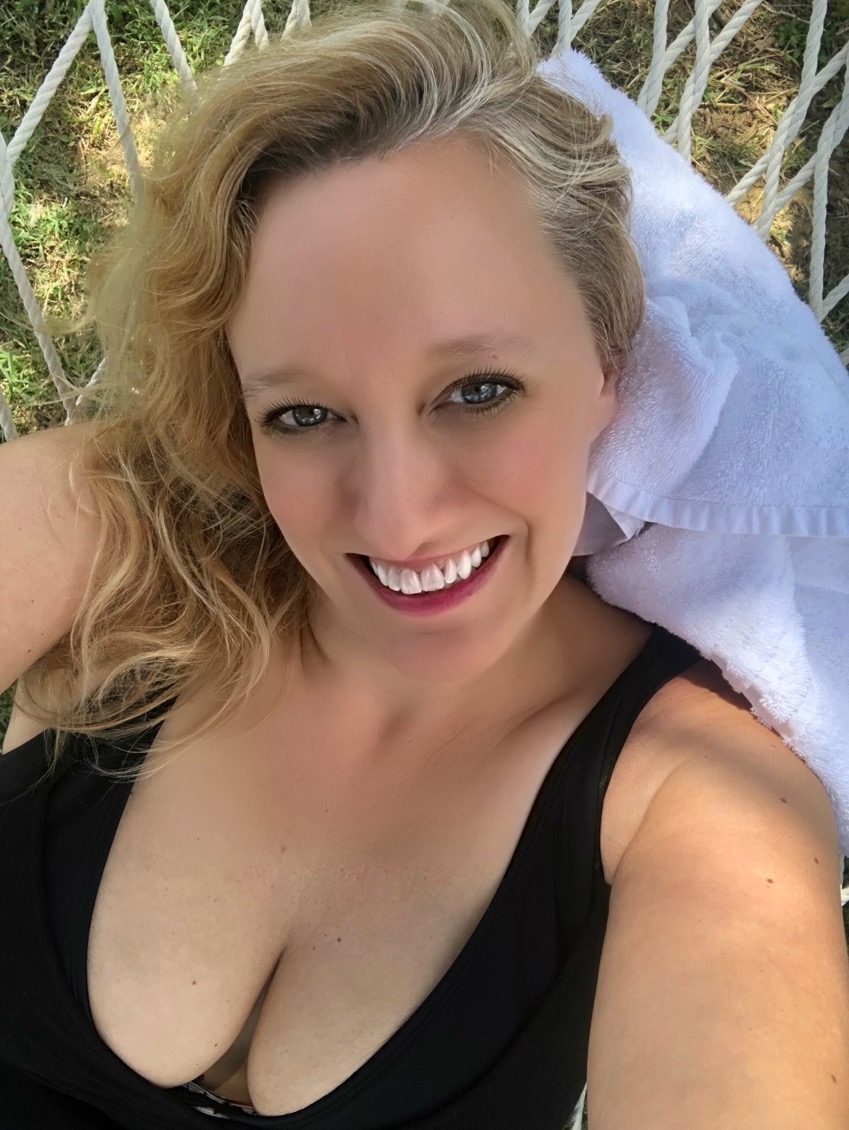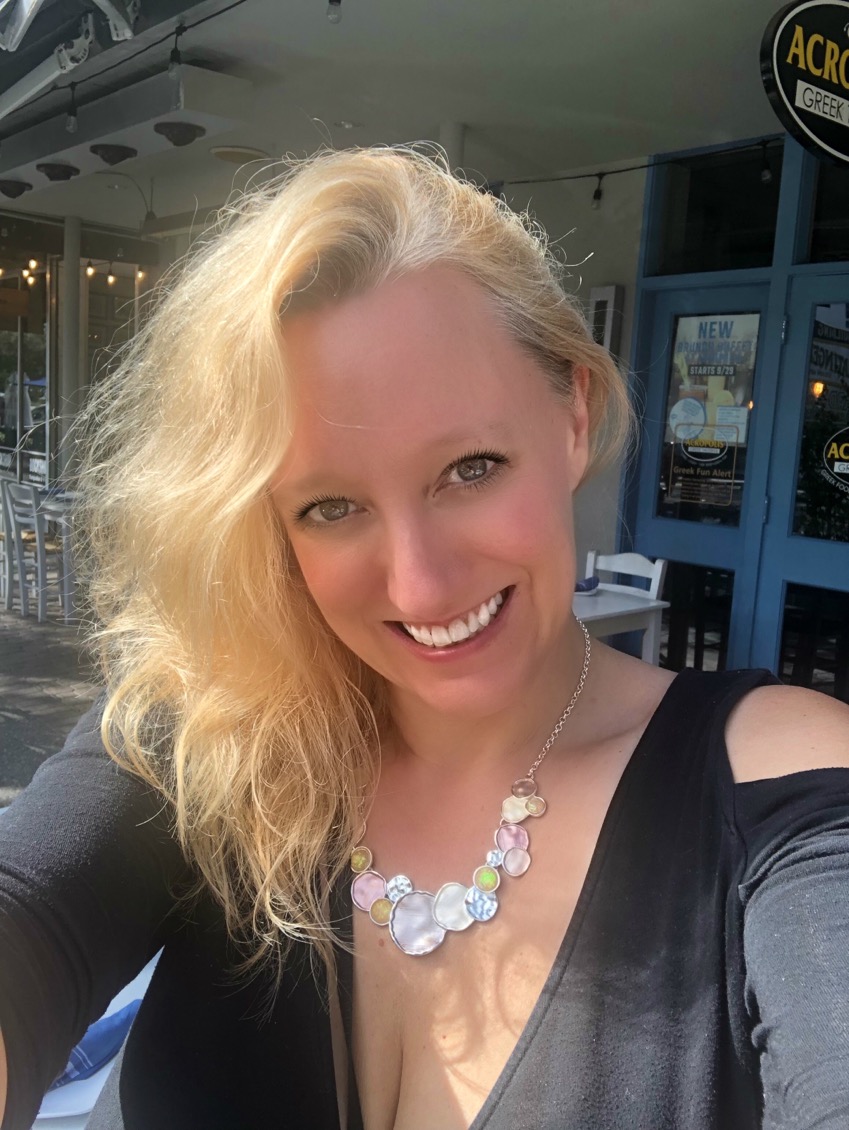The mantra "Find Your Young Lady" reminds us that our initial impression of a situation or what jumps out first, especially when it is negative, only provides part of the story. There are a whole host of other cues in any situation we can attend to that can turn our assessment of the situation around, thus turning what might have been considered a bad experience into a positive one. Thus, the lesson we learn from this illusion is: “In every situation, there is more than meets the eye.”
As your coach, one of my goals is helping you confront any limiting beliefs, which have caused you to view people, yourself, or situations from a perspective that is often powerless or limiting. By developing a new, more empowered perspective, you open yourself to the realm of possibilities. It's in this place that a belief change can happen, which initiates breakthrough. Reframing isn’t pretending that issues don’t exist. It is acknowledging the situation yet asking a question that allows you to see the same situation from a different perspective.
I firmly believe that we are the architects of our own destiny more than we are fully aware, and I am very passionate about seeing my clients rise to their specific destiny.
Through my job placement business Innovative Placements and now as a Certified Life Coach, I have been fortunate to witness many of my clients launch into their callings and become much happier and more successful versions of their former selves. It's amazing to see how quickly opportunities open when your motive is to help people step into their personal and professional callings.
Look at the picture above. What do you see? You might see a beautiful maiden or an old hag. Which is true? Both. It's all about perspective.
Reframing is simply changing the meaning of an event or experience, in the same way that we can change how we view a portrait, such as in the one mentioned above, which has appeared in numerous psychology textbooks and studies.
Human beings are meaning-making machines, and we learn the meaning of things from an early age; from our family, culture, or any voice we deem significant.
Life coaching can transform a person from the inside out, as we work in a thought-provoking and creative process that inspires you maximize your personal and professional potential.
Without heart-produced vision and passion, we will be people of skill, training, and technique, but lack the ability to fully bring people into their potential. The motivation behind my coaching is that I believe in each person at the very core of my being. Each person has a new and exciting story and future yet to be written. I see the value in the individual and am passionate about bringing that greatness to the surface.

As a result of locking into my passion and following my calling early in life, I've had the opportunity to fulfill my dreams in ways I could never have imagined! I recently travelled to Italy twice to sing and perform leads in fully staged operas. Last March, I also travelled to Egypt on a group tour/spiritual retreat where I visited and meditated, even singing opera, inside the the Great Pyramids.
Another profound oversees trip took me to Barcelona to meet my Spanish grandmother who's a retired opera singer and established painter.
Furthermore, I studied Qigong and meditation for several weeks in Beijing, earning my Qigong Certification and sang opera on "The Great Wall," perhaps turning it into the "Wailing Wall" for a few minutes!
These are just a few of the many fun, foreign places I've travelled. Whether your exciting journey is close to home or in distant, exotic lands, I hope to help you make it a rich, dynamic, and deeply fulfilling one!!
Before we define what coaching is, let’s differentiate coaching from other types of support professions.
Counseling deals with helping people get well. The focus of counseling is healing wounds from past emotional traumas from life experiences or relationships. A counselor engages with the client in order to diagnose the problem to bring them to emotional and psychological wholeness.
Coaching is future focused. It is not fixated on the past. Coaches enable clients to take control of their lives through actionable strategies for the improvements and goals the clients want to see manifest in their lives.
In a mentoring relationship, a client seeks a mentor because of their perceived expertise in a portion of their life that they are hoping to develop. The mentor provides advice, wisdom, and counsel that is born of their experience and imparts it to the client.
In a coaching relationship, the coach may or may not be an expert in the field of their client. Expertise in the field isn’t necessary. The role of the coach isn’t to advise or counsel, but it honors the client’s adequacy to solve their own problems and provides the support and accountability for the client to set and reach their own goals.
Consultants work with an organization and individuals as experts in their field who diagnose problems and develop strategies to help them accomplish their goals.
Coaches do not give solutions. Again, coaches believe that individuals and organizations can solve their problems if they are given tools to enable them to self-discover.
The International Coaching Federation defines coaching as partnering with clients in a thought-provoking and creative process that inspires them to maximize their personal and professional potential, which is particularly important in today’s uncertain and complex environment. Coaches honor the client as the expert in his or her life and work and believe every client is creative, resourceful and whole. Standing on this foundation, the coach's responsibility is to:
The coaching is an intentional relationship where a coach supports a client in developing vision and goals for their life and utilizes multiple strategies to empower the client to use their personal power to discover their own solutions.
The nature of a coaching relationship is empowerment and accountability. It is assumed that the client desires to see real change in their life. The coach, as a change expert, empowers the client to take control of their destiny, fulfill their potential, and reach their goals.
Coaches challenge, stretch, push, and hold the client accountable all the while communicating an affirmation of “I believe in you.”



